WILDS involves comparative legal research, conceptual work by a transdisciplinary team, field research in Indonesia, activist litigation, government engagement and public communications.
Although IWT inflicts broad social and environmental harm, there is little conceptual, methodological or legal clarity on how we should conceptualise, measure or remedy those impacts.
WILDS is developing top-down (conceptual) and bottom-up (case-based) models of how to account for IWT harm. This includes a case study of illegal trade of Bornean Orangutan
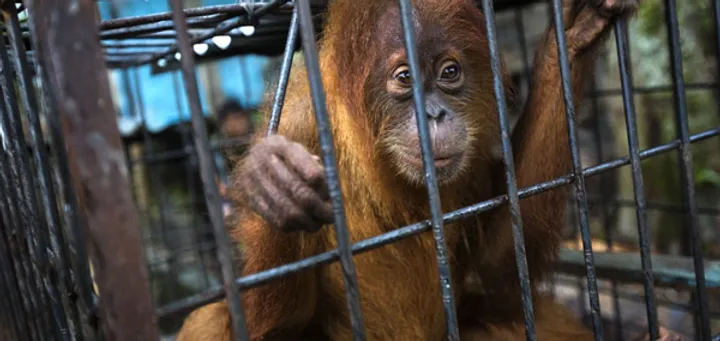
Judges are important people, central to deciding how environmental cases are decided. This is particularly important to our work because environmental harm is rarely defined in the law, which leaves it open to interpretation.
We are conducting research to understand how Indonesian judges perceive environmental harm, and their receptiveness to different types of possible legal remedies in illegal wildlfie trade cases.
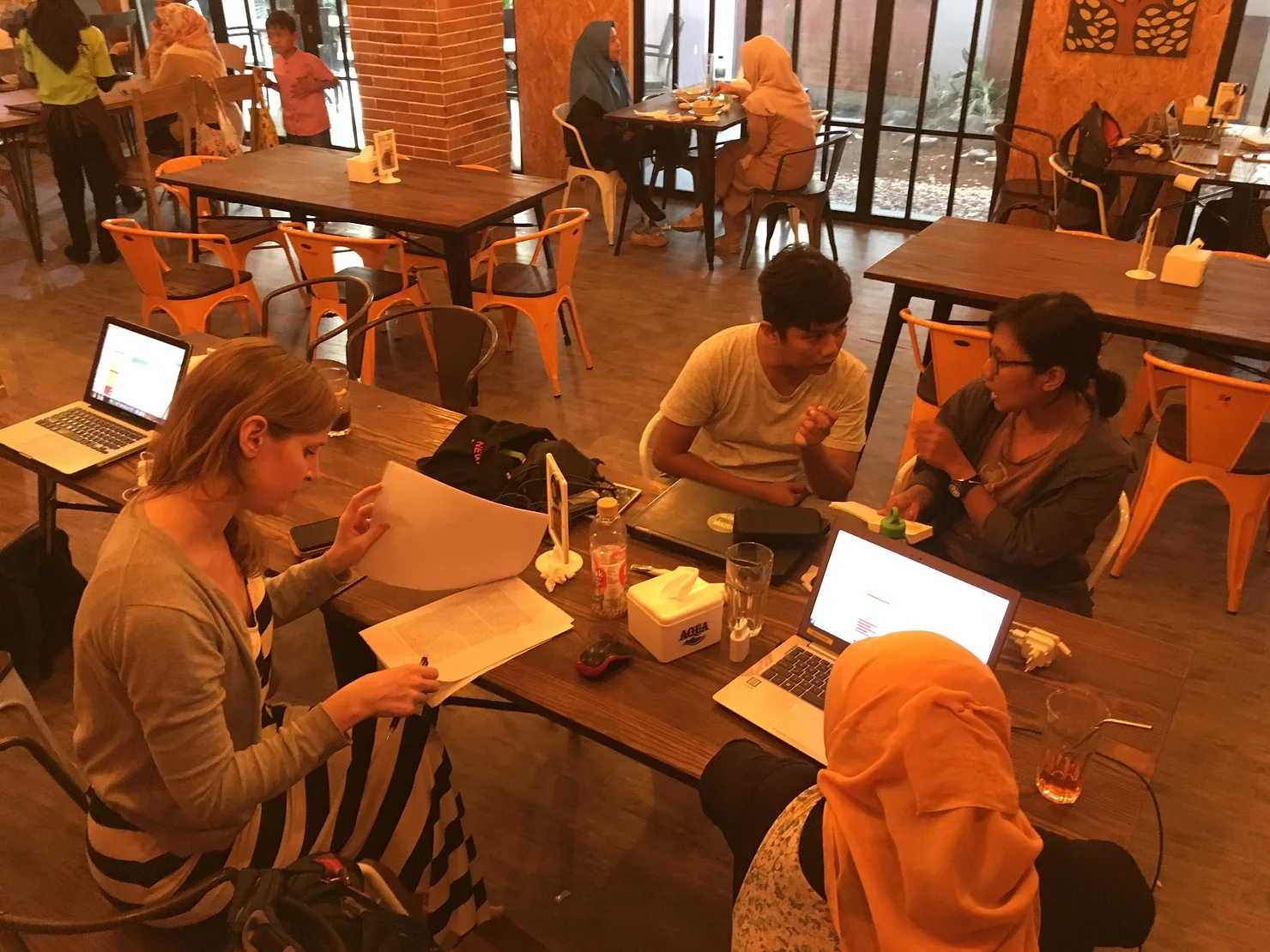
Drawing on the project outputs, we are providing technical support to groups litigating the first liability for environmental harm case involving illegal wildlife trade.
Indonesia is already a global pioneer in the application of liability for environmental harm, holding the perpetrators of peatland fires legally responsible for the costs of restoration, There is an unrealised, if challenging opportunity for this to now be pioneered for wildlife trade.
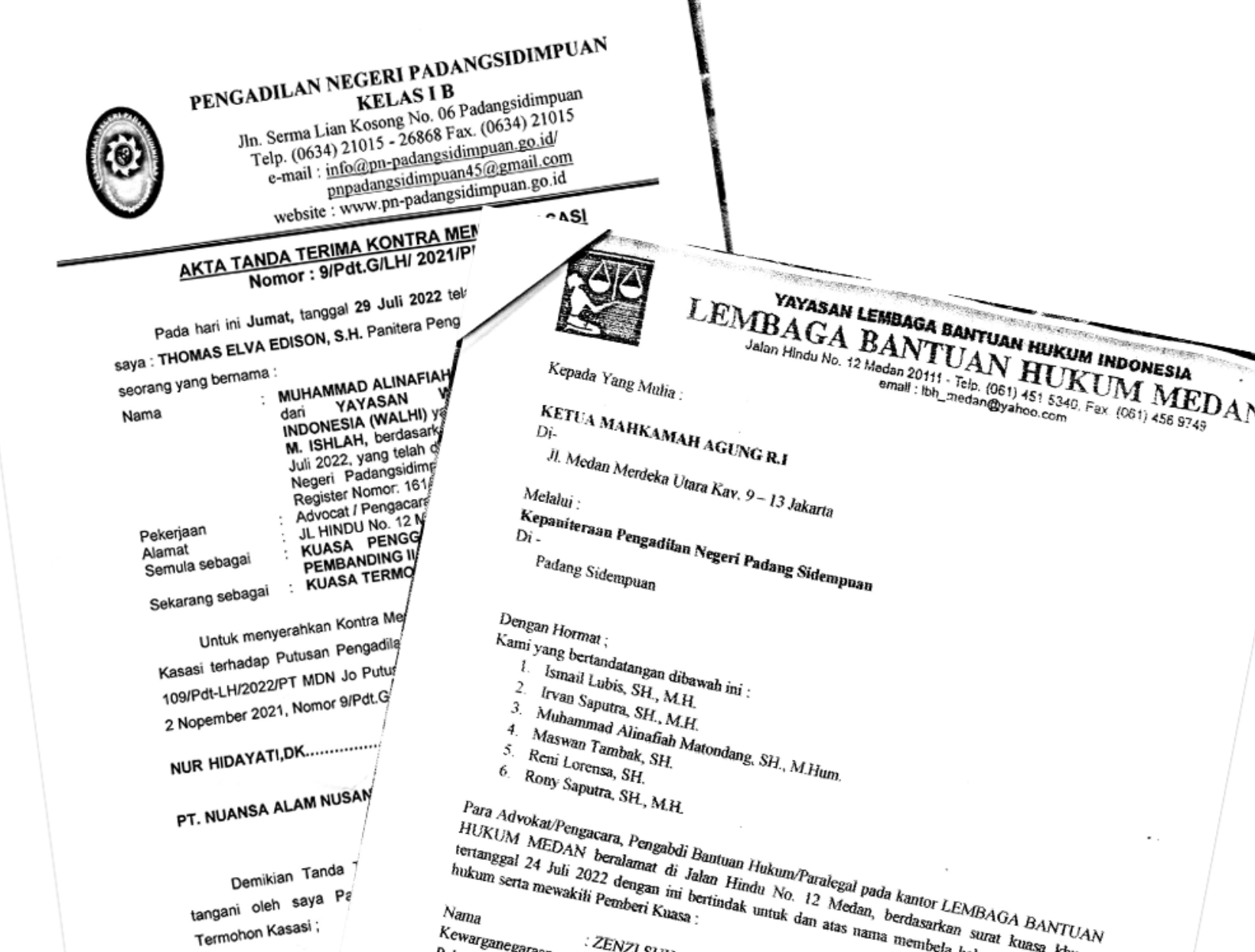
To date, there are no standards or meaningful comparisons of how IWT crimes are / should be punished across countries. Yet, we face growing demands for "strengthened legal frameworks" and enforcement against IWT, alongside concerns about the over-criminalisation of IWT.
WILDS Partner, Legal Atlas, is comparative legal analysis to evaluate the legal sanctions used against IWT across different countries.
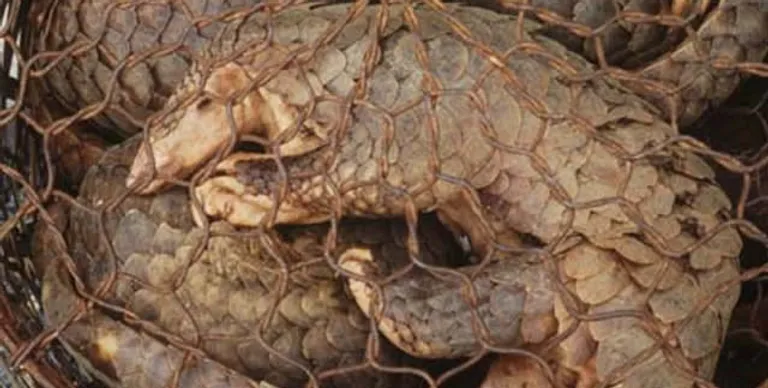
Drawing on the project outputs, we are exploring ways of communicating the harm that IWT inflicts on the environment and society through a number of media and platforms. This will range from guidelines for valuing harm for government officials, to a short animation for the public.
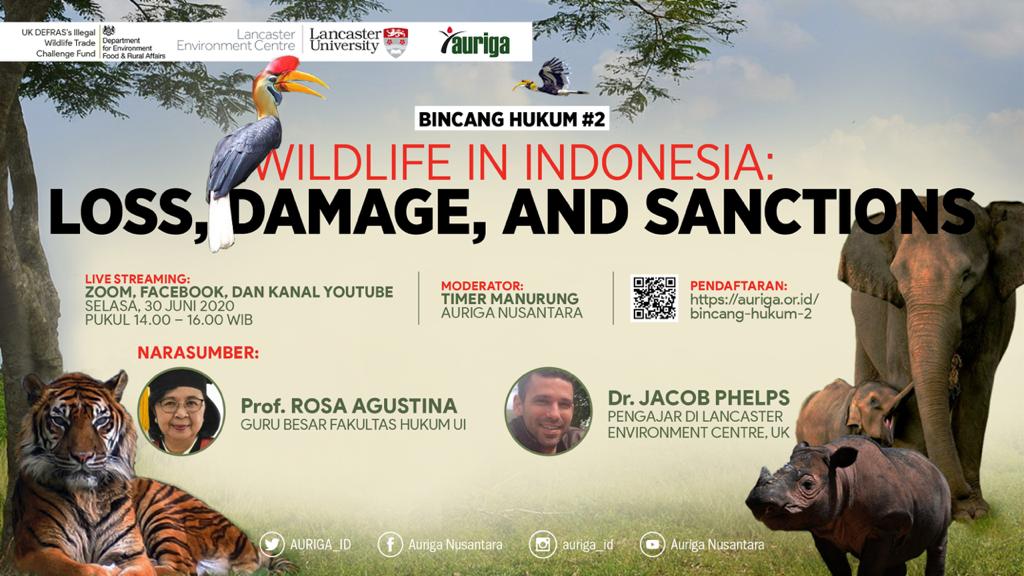
Text are copied from https://jacobphelps.wixsite.com/wilds
The WILDS Project is supported by the UK Government through the Illegal Wildlife Trade (IWT) Challenge Fund.
As its contract, the project ends May 31, 2021.